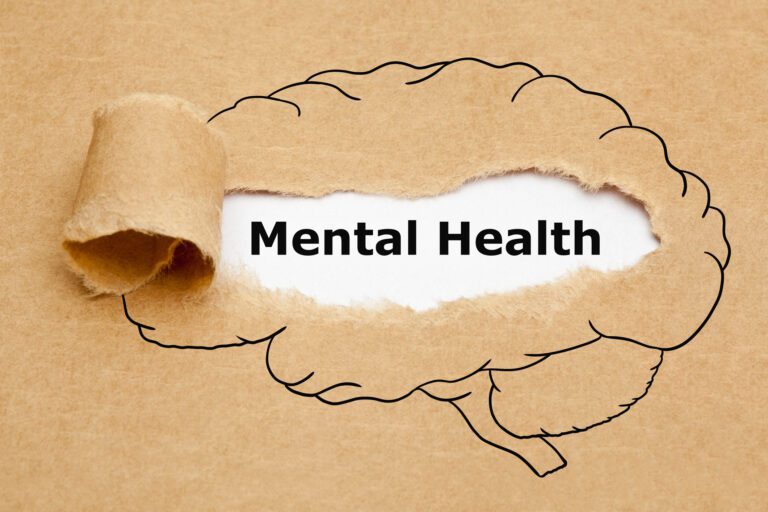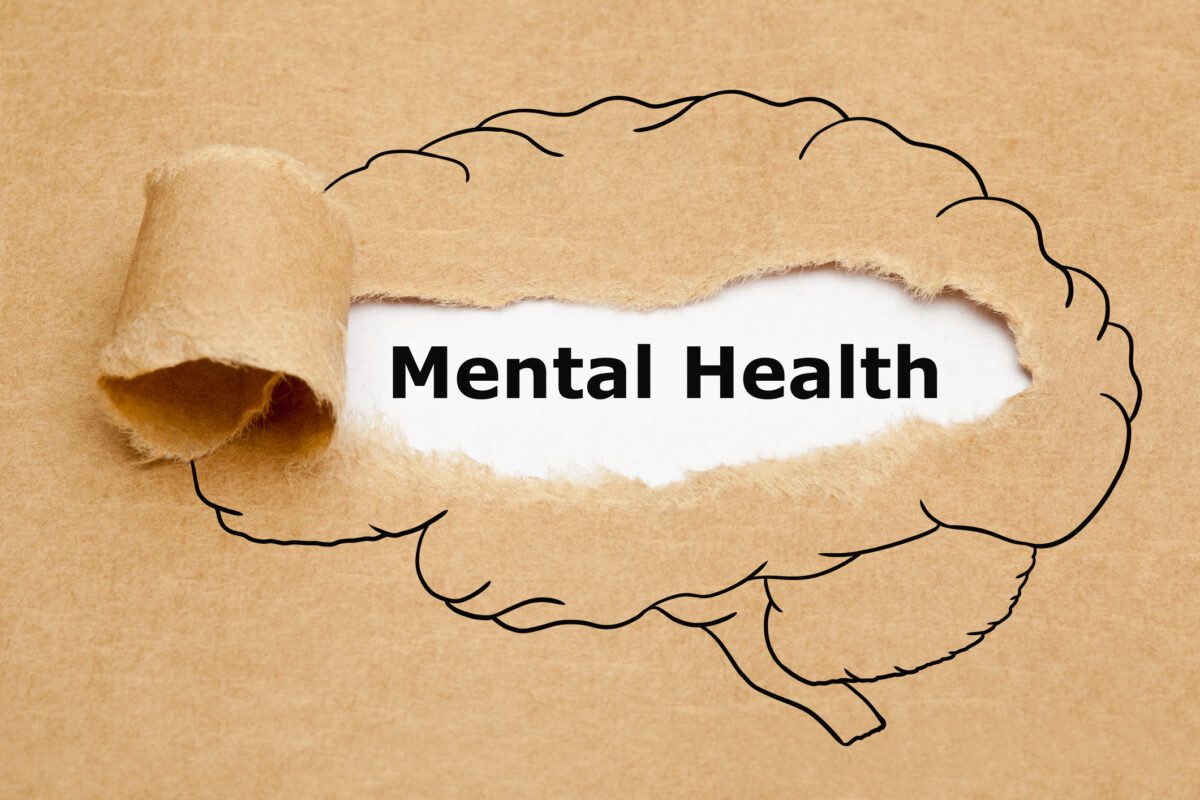An eating binge is defined as eating more than a typical person would eat in a short period of time, while feeling a loss of control.
It is important to make a distinction between overeating and binge eating, as Binge Eating Disorder is in fact a separate entity and diagnosable eating disorder, not just an occasional happening or symptom.
In 2013, binge eating disorder was officially adopted as a formal diagnosis in the American Psychiatric Association’s Diagnostic and Statistical Manual of Mental Disorders. Not only is there more awareness around the disorder, but there are also more doctors trained in the treatment of binge eating disorder. This has made it easier for people to receive treatment.
According to the American Psychiatric Association (APA), Binge Eating Disorder is defined as “recurring episodes of eating significantly more food in a short period of time than most people would eat under similar circumstances, with episodes marked by feelings of lack of control.”
Typically people who struggle with binge eating experience feelings of shame, guilt, or embarrassment and binge in secret to conceal the behavior. While overeating may occur periodically in a person without this disorder, an individual with Binge Eating Disorder has recurrent episodes of bingeing without purging, often leading to both emotional and physical distress.
Binge eating disorder is a psychiatric disorder that can be successfully treated if appropriate help is sought. Millions of Americans are suffering with this eating disorder across the country, and understanding the criteria that sets this disorder apart from overeating and obesity can help raise greater awareness of the severity of binge eating.
The most effective treatments typically involve a combination of psychotherapy and medication. Treatment may be done in a group setting, individually, or with a combination of the two. Typically, particular attention will be paid to your medical, nutritional and psychiatric needs.
It’s important to work with a doctor who is experienced in treating eating disorders. You will likely work with a team of healthcare professionals. This team may include:
- a psychotherapist
- a psychiatrist
- a nutritionist
- primary care doctor
The treatment of Binge Eating Disorder aims to help one eventually stop the binge eating pattern, understand the physical and emotional factors of binge eating, and discuss steps one is making toward long term recovery, including learning and utilizing healthy coping skills. Support from family, friends, and other individuals in recovery from Binge Eating Disorder is very helpful for many who struggle with binge eating. The disease thrives on isolation and secrecy.
Binge eating disorders can become debilitating and, in some instances, life-threatening. You should seek professional help if your eating habits are negatively impacting your quality of life. For some people, treatment can be done on a completely outpatient basis. For others, more intensive inpatient therapy at an eating disorders treatment facility might be recommended.
If you are unsure if you or a loved one might meet the criteria for Binge Eating Disorder, seek the necessary help you may need to determine this. Finding an eating disorder specialist can be an invaluable part of this process, as they can appropriately assess symptoms that may be experienced to make a diagnosis.
There is hope. You can recover.














